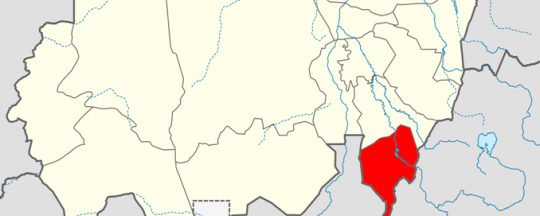Freedom of opinion and expression are enshrined in international laws, treaties, and regulations, with most countries endorsing them. They are considered fundamental principles of international justice and essential for human dignity.
However, in Sudan’s Blue Nile State, this endorsement remains a stark contrast to reality, as the state aggressively suppresses and mutes dissenting voices, leaving the principles of freedom of expression and opinion in a state of peril.
Speaking to Radio Tamazuj, several sources who wished to remain anonymous reported that they suffer severe censorship from state authorities.
Under the emergency law imposed on the state, even personal social media posts are subject to scrutiny, one of the sources said. The source added, “The level of enjoyment of freedom of expression and opinion can be as low as 10 percent, with a significant risk of harassment and arrest.”
Dr Hatim Babiker, a lecturer at the Faculty of Media at the International University of Africa, provided a nuanced view in this context. He suggested that freedom of expression and opinion in Sudan should be analyzed from three angles: the government’s stance, the actual implementation, and the experiences of those practising it.
He stated, “The instability of Sudan and the absence of a permanent constitution, alongside self-censorship, have contributed to the decline of freedom of opinion and expression.”
He pointed out that most successive governments view freedom of expression as a privilege rather than a right, subjecting it to regulations and agendas aligned with their policies instead of recognizing it as a legitimate right.
Following the December Revolution, Sudan witnessed an expansion in the right to practice freedom of expression and opinion. However, the ongoing war in the country has significantly rolled back these freedoms, according to some official reports.




